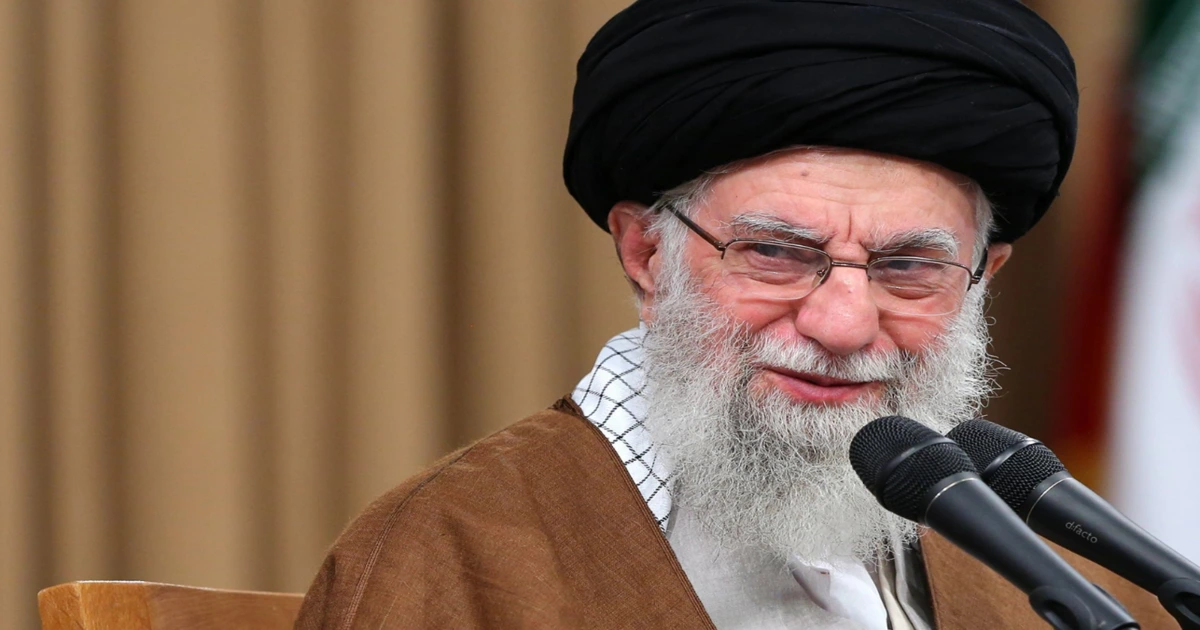Ali Khamenei/image credit-X
Iran has declared its support for any decisions made by Lebanon to secure a ceasefire with Israel amidst escalating conflict. Ali Larijani, a senior Iranian official, emphasized Tehran’s commitment to resolving issues diplomatically. This stance aligns with Lebanon’s efforts to halt the ongoing violence, particularly in Hezbollah-controlled areas, which have suffered severe destruction due to Israeli airstrikes.
Intensified Bombardments in Beirut
In recent days, Israeli airstrikes targeted Beirut’s southern suburbs, known as Dahiyeh, a Hezbollah stronghold. On Friday, five buildings were flattened, with one strike occurring near Tayouneh, a busy traffic hub. Videos showed massive destruction, with debris covering Horsh Beirut, the city’s primary park. The Israeli military claimed these strikes targeted Hezbollah’s infrastructure, including munitions warehouses and operational headquarters.
The violence has exacerbated Lebanon’s humanitarian crisis, with over a million people displaced and thousands killed, further destabilizing the region. Meanwhile, Israel asserts that its offensive is a response to prolonged cross-border hostilities initiated by Hezbollah.
Diplomatic Efforts for Ceasefire
Diplomatic momentum has been building for a ceasefire, spearheaded by U.S. mediation. U.S. Ambassador to Lebanon presented a draft proposal to Lebanon’s Parliament Speaker, Nabih Berri, who is backed by Hezbollah. Ali Larijani’s visit to Beirut coincided with these developments, where he reiterated Iran’s backing for Lebanon’s position under U.N. Security Council Resolution 1701.
Resolution 1701, enacted in 2006, demands Hezbollah’s withdrawal north of the Litani River and an end to hostilities. While Israel insists on maintaining operational freedom to counter Hezbollah’s violations, Lebanon has rejected this demand, citing sovereignty concerns.
Humanitarian Crisis and Global Reactions
The conflict’s toll has drawn widespread condemnation. The European Union decried attacks on healthcare workers after Israeli strikes killed 12 medics in Baalbek. Similarly, Italy protested Israeli shelling near U.N. peacekeeping forces’ headquarters in southern Lebanon. UNIFIL described these attacks as severe violations of international law.
Lebanon’s health ministry reports over 3,445 fatalities since October 2023, underscoring the devastating impact on civilians. Israel claims approximately 100 of its civilians and soldiers have died due to Hezbollah’s cross-border attacks.
FAQs About Ali Khamenei
1. Who is Ali Khamenei?
Ali Khamenei is Iran’s Supreme Leader, holding the nation’s highest political and religious authority since 1989. He succeeded Ruhollah Khomeini, the founder of the Islamic Republic of Iran.
2. What is Khamenei’s role in Iran’s foreign policy?
As Supreme Leader, Khamenei has significant influence over Iran’s foreign and domestic policies. His stance on Lebanon reflects Iran’s strategy to support allied groups like Hezbollah and maintain regional influence.
3. How does Khamenei relate to Hezbollah?
Khamenei oversees Iran’s support for Hezbollah, which includes financial backing, weapons, and training. Hezbollah’s allegiance to Iran stems from its formation under the Iranian Revolutionary Guard Corps in 1982.
4. Has Khamenei commented on the Israel-Lebanon conflict?
While Khamenei has not made specific comments about the ongoing ceasefire efforts, he consistently criticizes Israeli policies and expresses solidarity with Hezbollah and the Palestinian cause.
This multifaceted crisis highlights the intricate web of regional and international relations, with Iran’s involvement playing a pivotal role in shaping outcomes.
